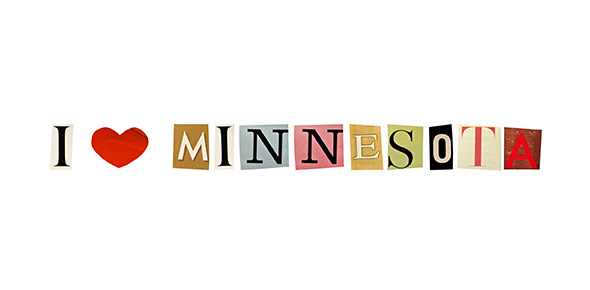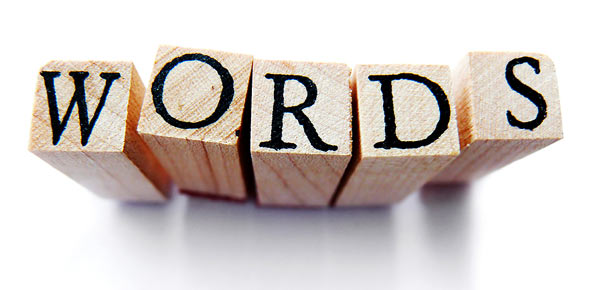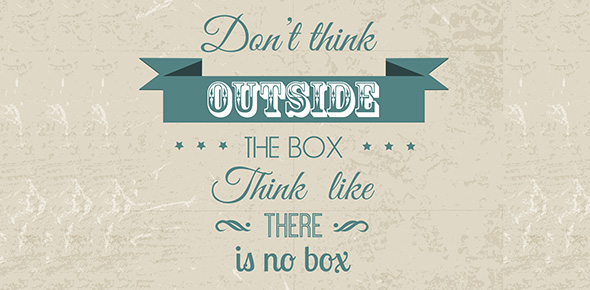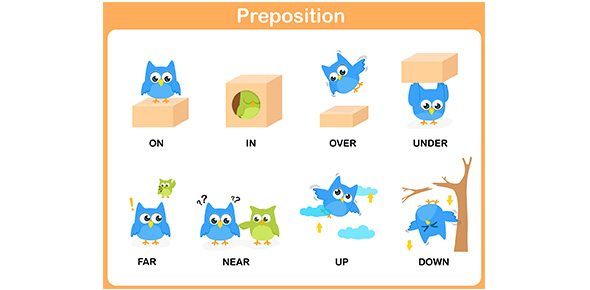Related Flashcards
Related Topics
Cards In This Set
| Front | Back |
|
Antithesis
|
A contrast or opposition. Two phrases or clauses having an opposite or conflicting meaning brought together in a parallel structure.
Ex: "Hell rises, Heaven descends, and dance on Earth." |
|
Anaphora
|
A figure of repetition in which the same word or phrase is repeated in (and usually at the beginning of) sucessive lines, clauses or sentences.
Ex: "What... What..." |
|
Parison
|
A figure with repeated parallel clause structure.
Ex: "Who will say 'corpse' to his vivid cast? Who will say 'body to his opaque repose?" |
|
Epizeuxis
|
Simple repetition of a word (with no words intervening)
Ex: alone, alone, all all alone. |
|
Anadiplosis
|
Figure of repetition in which a word or phrase appears both at the end of one clause, sentence or stanza and at the beginning of the next.
Ex: .."In fairy lands forlorn. Forlorn! the word..." |
|
Chiasmus
|
A pattern of criss-crossing. Two phrases of parallel syntactic structure but reversed word order.
Ex: "Pleasure's a sin, and sometimes sin's a pleasure." |
|
Zeugma/syllepsis
|
Literally a "yoking", Zeugma is achieved by a verb with two objects or subjects. A special kind of zeugma, syllepsis, results when the yoking term agrees grammatically with only one of the terms to which it is applied, or applies to each in a different sense.
Ex: "Dost sometimes Counsel take- and sometimes Tea" |
|
Anacoluthon
|
A change of construction in mid-sentence
Ex: "But when I saw- Oh! Had I never seen" |
|
Rhetorical Question
|
A question asked solely to produce an effect or to make an assertion and not to elicit a reply, as “What is so rare as a day in June?”
"Is the ridicule to live so long, The deathless Satire, and immortal Song?" |
|
Prolepsis
|
A figure of anticipation or foreshadowing
Ex: "So the two brothers and their murdered man/rode past." |
|
Aporia
|
Referring to a moment of doubt or deliberation by the speaker
Ex: "Do I wake or sleep?" |







